SUMMARY
This is AI generated summarization, which may have errors. For context, always refer to the full article.
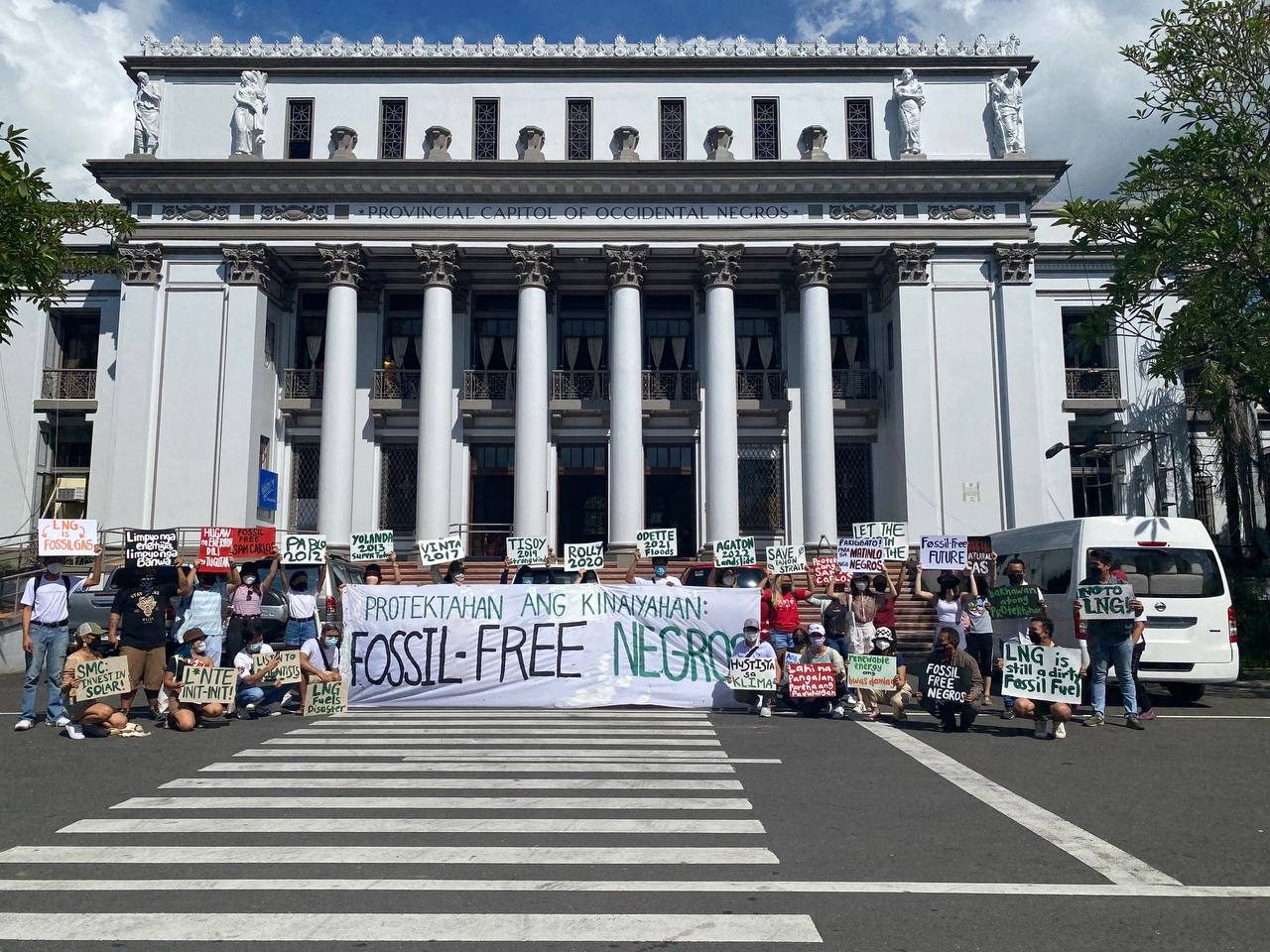
BACOLOD, Philippines – Environmental activists in Negros Occidental have stepped up their campaign against San Miguel Corporation’s (SMC) proposed 300-megawatt (MW) liquefied natural gas (LNG) combined-cycle power plant.
Braving the summer heat last April 22, protesters at the Negros Provincial Capitol in this city said SMC subsidiary Reliance Energy Development Inc.’s (REDI) shift to natural gas, after a successful campaign against its original coal-fired power plant proposal, does not address potential climate warming effects nor health concerns.
“SMC seems to think it is doing us a favor by shifting from coal to gas, when the reality is it is merely switching lanes while driving us down the same road to climate destruction,” Bianca Montilla, co-convenor of Youth for Climate Hope (Y4CH), said in a press release.
SMC Global Power Holdings submitted to the Department of Environment and Natural Resources in February 2022 a proposal to construct a 300-MW LNG combined-cycle power plant worth P18.5 billion in the San Carlos City EcoZone.
REDI’s timetable is to begin construction by the third quarter of 2022, with completion by the first quarter of 2024. It is currently doing a prefeasibility study for its environmental compliance certificate application.
The SMC group has described the proposed facility as a clean alternative energy source for San Carlos City, located in the province’s northern side.
According to former Negros Occidental provincial consultant and Bacolod mayoralty challenger Alfredo “Albee” Benitez, REDI examined other energy sources, including wind and solar, but ultimately selected natural gas as the more flexible, eco-friendly, and affordable option.
But environmentalists disagree.
LNG dangers
LNG, also known as fossil gas, is simply gas kept in liquid form, often for ease of transportation.
While it is less carbon-intensive than coal, fossil gas emits an even more hazardous substance: methane.
It has a heat-trapping capacity up to 80 times stronger than carbon dioxide over a 20-year period, according to the global nonprofit Environmental Defense Fund.
Another report published by the Natural Resources Defense Council warned that the massive greenhouse gas footprint produced throughout LNG’s life cycle cancels any benefits it may have over coal.
LNG can also cause heat to rise in nearby bodies of water, posing threats to both marine life and fisherfolk, the protesters said.
Paul Serrano, a student activist and co-convenor of Y4CH, said the LNG plant in San Carlos is not merely a local issue. The proposed plan would affect the country’s goal of increasing cuts on carbon emissions before 2025, in keeping with the United Nations’ aim to avoid the worst impact of climate change.
Alternatives, incentives
Another problem is the anticipated electricity price hike from the power plant.
The only domestic gas supply already powers Luzon plants, so the proposed 300-MW San Carlos project would have to rely on imported fuel.
This would “force consumers to bear the burden of high power prices,” said Grid Langco of Konsyumer Negros.
The project is even more baffling because of Negros Island’s status as a top renewable energy center. Cadiz City’s 132-MW solar power plant is considered the biggest in Southeast Asia. Negros Oriental has the Palinpinon geothermal power plant.
Local communities hardly benefit from clean power, however, as electric utility companies continue to buy fuel elsewhere, according to Y4CH.
But in January 2022, Negros Oriental launched the country’s first local Clean, Renewable Energy (RE) ordinance, which the provincial board unanimously approved in December 2021.
The RE Code provides incentives for clean energy investors, allowing power consumers to get electricity directly from a renewable energy source registered under the government’s Green Energy Option Program.
It also offers a one-year tax holiday for RE developers who create a tourism component.
Benitez on March 8 said the natural gas facility could “position the province of Negros Occidental and Bacolod City to be completely green power.”
Mayor Renato Gustilo of San Carlos City also welcomed the proposed natural gas power plant as an income-generating establishment.
“It is a huge insult to see local leaders steer their people to disaster when they are supposed to allow them to breathe clean air and enjoy clean energy,” said Joey Sierra of Bukluran ng Manggagawang Pilipino.
“We all know the connection between politics and business,” Serrano pointed out. “The people of San Carlos are aware of the damage this power plant could bring.”
The Philippines ranks among countries with low levels of annual carbon emissions per capita, yet was number one among nations most susceptible to climate change, said a 2019 report by the Institute for Economics and Peace. The Climate Risk 2020 Index lists the country as second most susceptible to the effects of climate change.
Youth advocates are buoyed by their victory against coal.

“Three years ago we fought against coal, and it was a battle won by the youth, the church, and civil society. Now, we’re facing a new battle against the same corporation, one that is getting stronger. But we’re growing stronger, too,” said Montilla.
Montilla and Serrano, both first-time voters in the upcoming May 2022 elections, said a robust climate agenda is an important factor in deciding who they will vote for. – Rappler.com
Joey Baldonado is a Rappler intern under the MovePH section.
Add a comment
How does this make you feel?
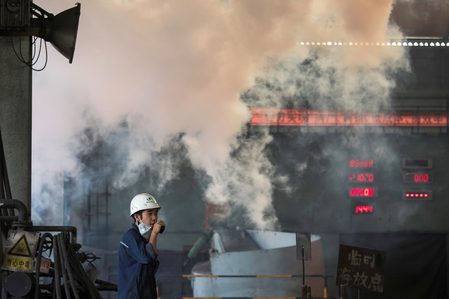


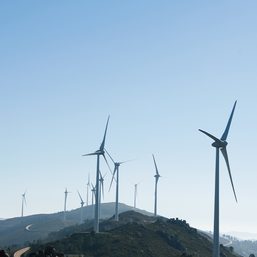
![[ROUNDTABLE SERIES] Powering up: Building a bright future with energy security](https://www.rappler.com/tachyon/2024/04/Omnibus-with-guests.jpg?resize=257%2C257&crop_strategy=attention)
![[OPINION] Fossil fuel debts are illegitimate and must be canceled](https://www.rappler.com/tachyon/2024/04/IMHO-fossil-fuel-debt-cancelled-April-16-2024.jpg?resize=257%2C257&crop_strategy=attention)
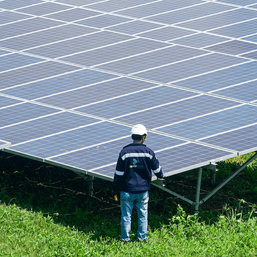
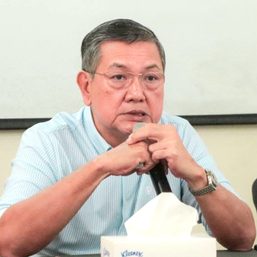
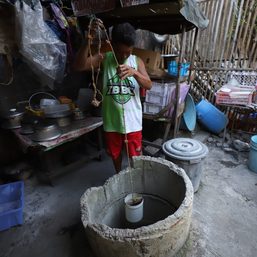
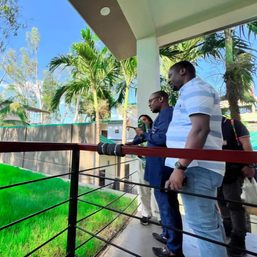


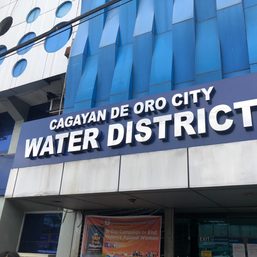
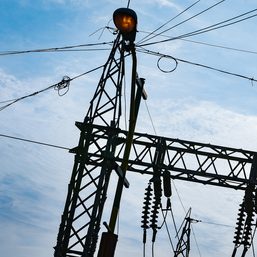
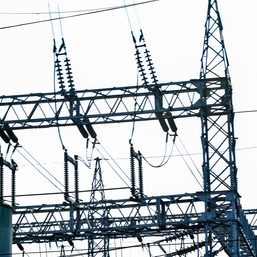
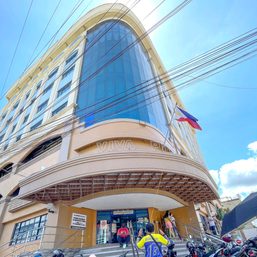
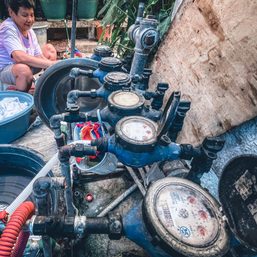
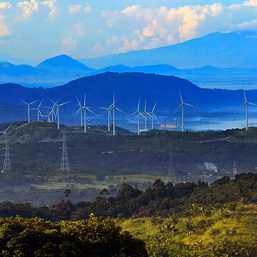

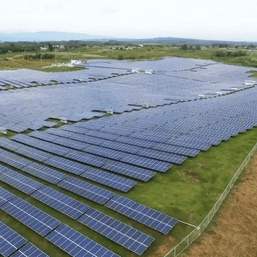


There are no comments yet. Add your comment to start the conversation.